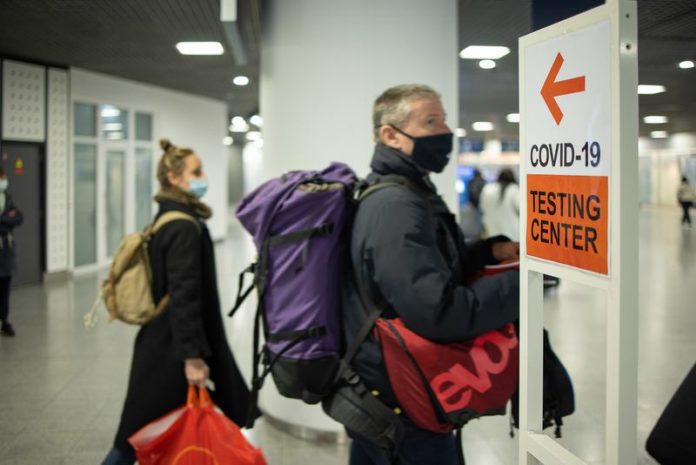Belgium has been called upon to justify its move to close borders to non-essential travel, as the most recent push goes beyond the current recommendations at an EU level.
A country which goes beyond the recommendations of the European Union on health restrictions to free movement must provide "a very clear explanation on the proportionate, necessary and non-discriminatory nature," of the measures concerned, stressed European Commissioner for Justice, Didier Reynders on Monday.
The Belgian government has prohibited, from 27 January to 1 March, recreational or tourist travel to and from Belgium, to prevent a potential resurgence of the epidemic.
New recommendations on the subject were announced on Thursday by the President of the European Commission Ursula von der Leyen (strong discouragement of non-essential travel, introduction of dark red zones, testing and quarantines from risk areas). They are being discussed on Monday by the Member States (Council).
Related News
- Belgium's Latest Travel Rules Explained
- What we know about Belgium's 'declaration on honour' for travel
- The 6 'essential' exceptions to Belgium's latest travel ban
But by introducing a ban on non-essential travel, Belgium is going beyond the European recommendations, which only speak of strongly discouraging such travel, something which Belgium already did.
"It is up to the national authorities to justify why they want to go further," Reynders explained at a press conference.
"There is a freedom of the Member States to go further or less far, but it is important to have very strong coordination. This decision must therefore be explained and justified. Concerning its legality, in the end, the control is done by the judicial authorities," he added.
Prime Minister Alexander De Croo announced his intentions last Thursday to his European colleagues. No head of state or government had opposed it, with some even expressing support for the measure.
The Brussels Times

